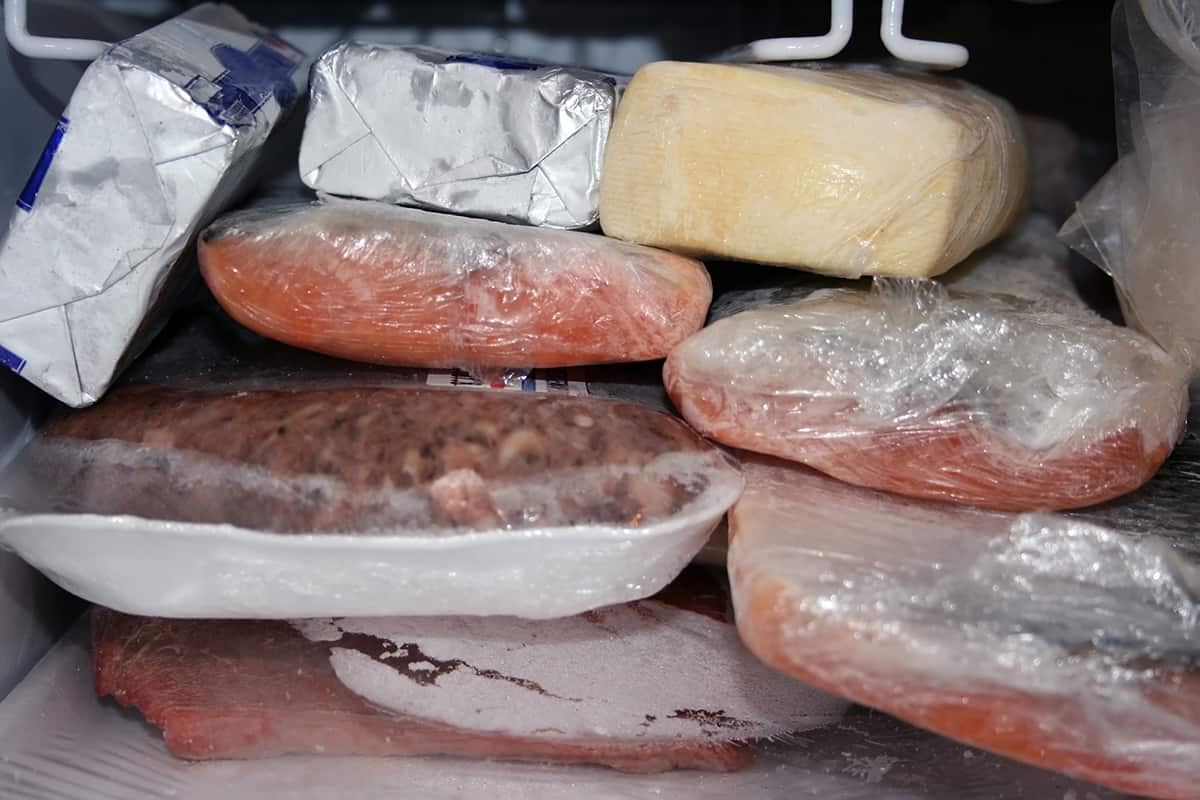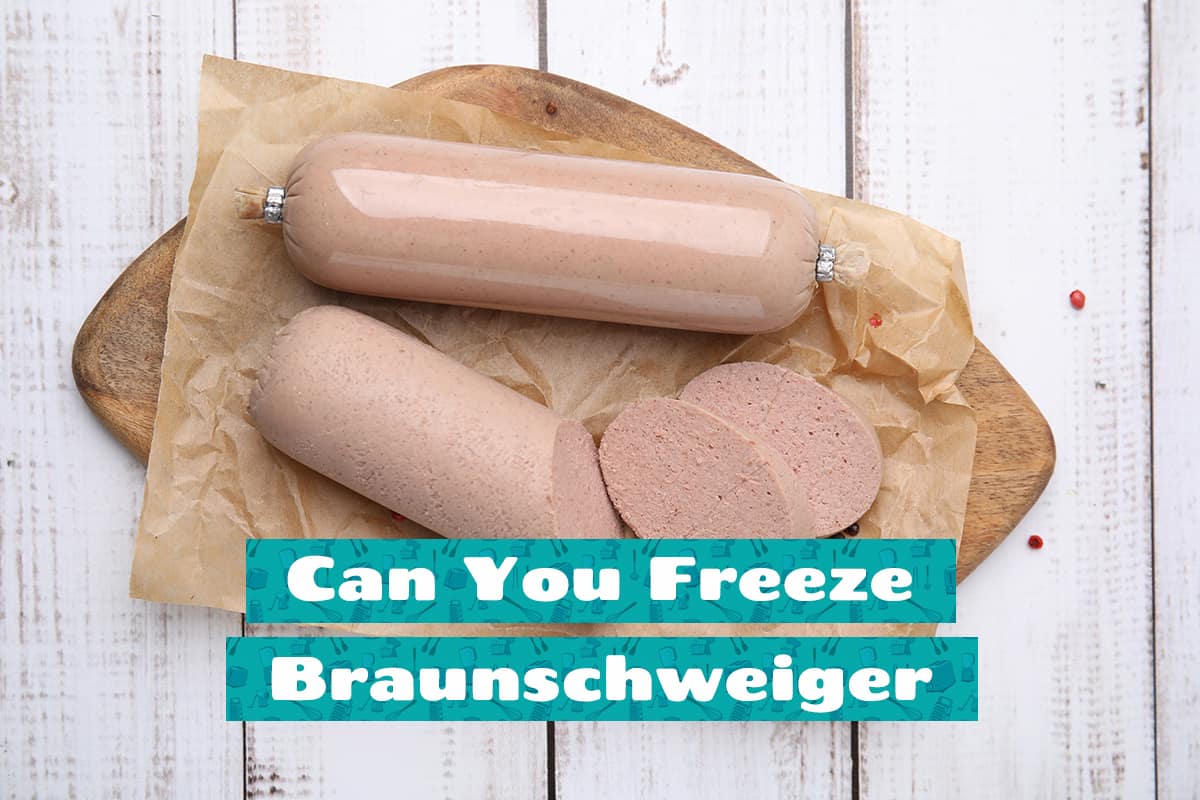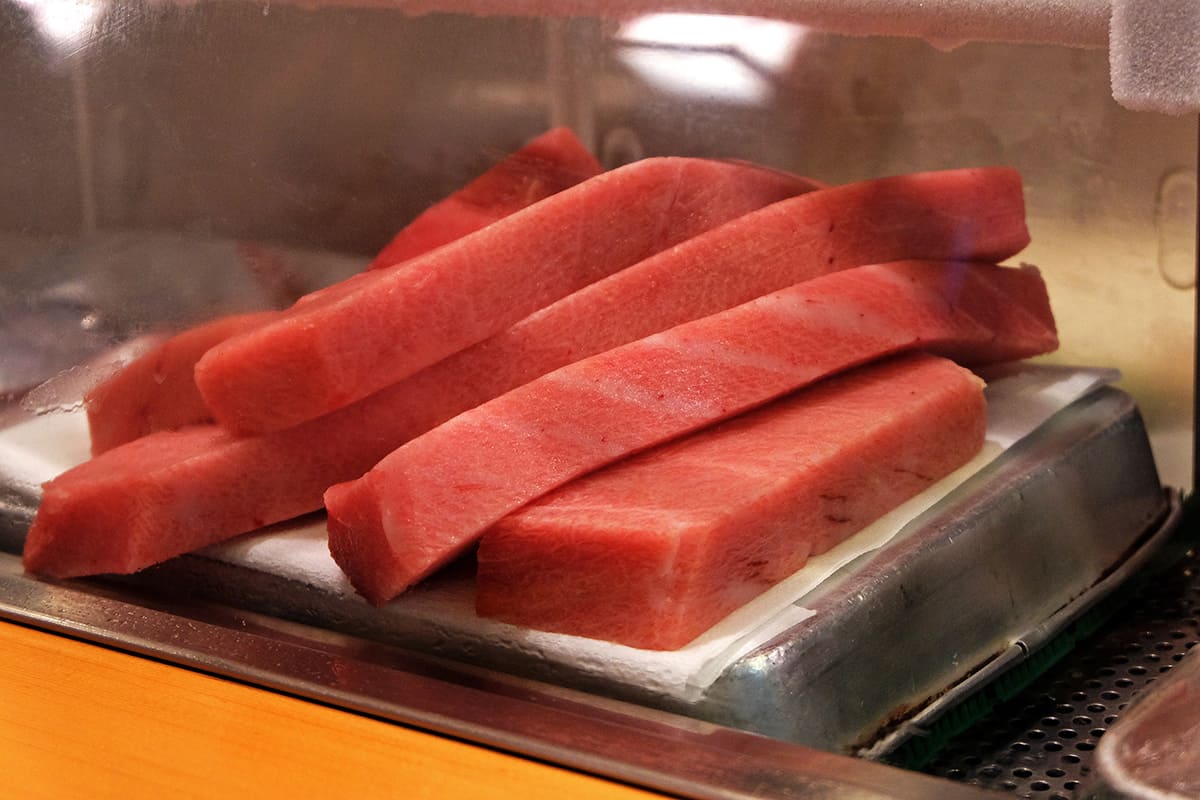Cheese—it’s what many of us live for. Some people love mozzarella, while others are fans of American slices. Many of us stick cheese inside the fridge and finish it before it expires, but what if you have a block of cheese that you can’t finish before it goes bad? Well, you could pop it in the freezer, but how long will it last?
If stored properly in your freezer, cheese can remain edible indefinitely. However, after the 6th-month mark, cheese may begin to lose its flavor and aroma, so try finishing the cheese before then.
So, how exactly do you store cheese in the freezer to keep it good forever? And how do you defrost frozen blocks of cheese? I’ll answer these questions and more down below.
How Long Will Cheese Last in the Freezer?
Although cheese is made up of 3 main ingredients—milk, salt, and microbial cultures (usually rennet), there are at least 1,800 different types of cheese worldwide. What separates one type of cheese from another is moisture content, aroma, flavor profile, and texture. As such, you should know what type of cheese you’re dealing with before trying to figure out how long it lasts during storage.
With all that said, the most common types of cheese (mozzarella, cheddar, cottage, feta, etc.) have a shelf life of 2 hours at room temperature. You can prolong the longevity of your cheese to up to 21 days by sticking it in the freezer. So, surely, it should last much longer in the freezer, right?
Depending on what type of cheese you have, it should remain edible indefinitely if you stick it in the freezer. But you should plan to finish the cheese before the 6-month mark since the quality of the cheese will suffer after that point.
However, freezing cheese isn’t as simple as popping it in the freezer and hoping for the best. There are a few things you should do before freezing cheese.
How to Freeze Cheese for Long-Term Storage
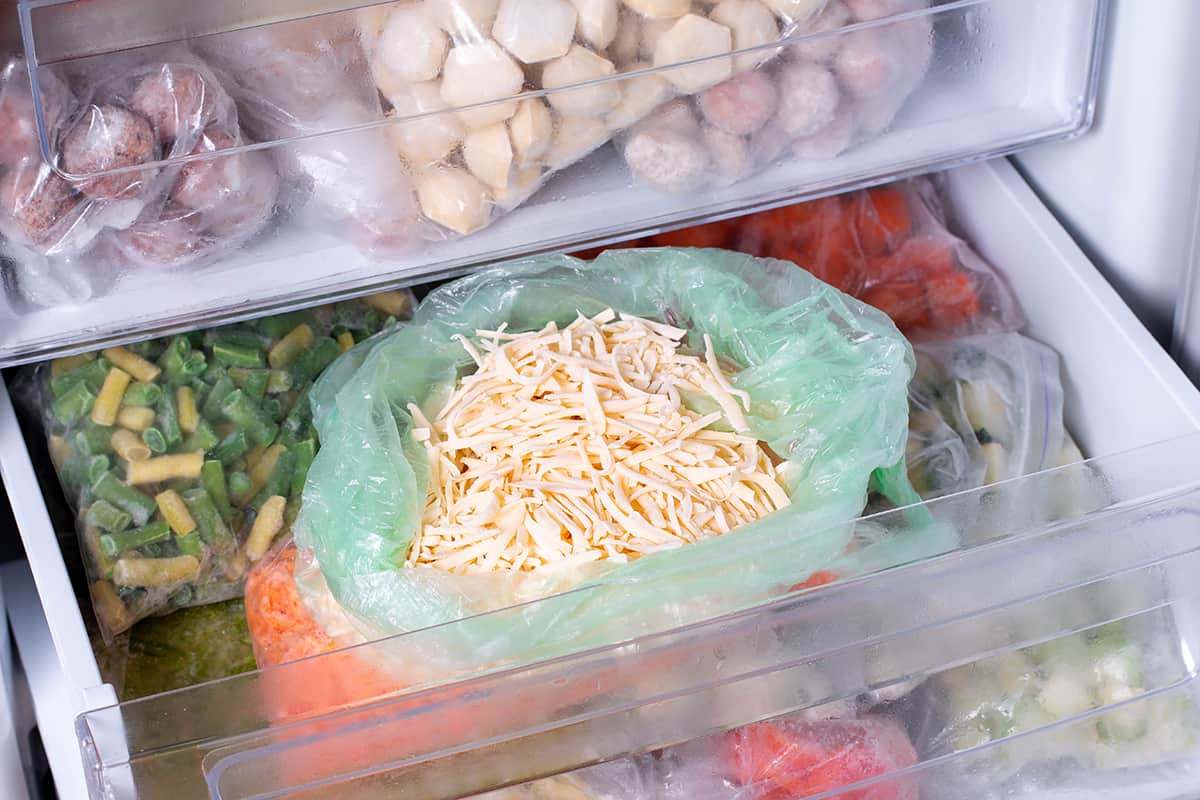
The most effective way to freeze cheese is flash-freezing it. Flash freezing is the process of rapidly freezing food to prevent ice crystals from forming on the inside. If you slice a block of frozen cheese and find ice inside it, that means there was moisture inside the cheese, and there was probably a good chance that your cheese is riddled with bacteria.
So, how do you freeze the cheese for long-term storage? I’ll tell you.
Wash and dry your hands. Use soap to get rid of as many bacteria and germs on the surface of your skin as possible. When your hands are clean, dry them thoroughly on a clean towel. We are going to have to handle the block of cheese, and the last thing we want to do is introduce germs and moisture to the cheese’s surface.
Place the cheese on the center of a cookie sheet and freeze it until firm. This is not enough time to freeze large chunks of cheese, but it will prep it for long-term storage in a below-freezing environment.
Place the cheese inside an airtight bag or container. Bacteria thrive in warm, moist environments. While you don’t have to concern yourself over a warm freezer, you should think about how the moisture content inside your fridge will affect your cheese. To prevent the ice in your freezer from contaminating your cheese, stick the cheese inside an airtight bag or container. Don’t forget to write the date on the container!
Return the cheese back to the freezer. Ideally, the cheese will be somewhere near the back end of your freezer. That way, it is as far away as possible from sunlight and the ambient temperature of your kitchen. Also, try not to leave your freezer door open for too long since doing so can reduce the freezer’s temperature significantly.
Can Cheese Be Thawed After Being Frozen?
The simple answer to this question is yes. However, there are certain things you need to do to get the best out of your frozen cheese.
So, yes, cheese can be frozen and thawed, but it has to be thawed with its original wrapping and in the refrigerator.
Once thawed, the cheese should be used right away.
Alternatively, you can use it without thawing. Most people put frozen shredded mozzarella on their pizza before baking, and it turns out great!
What Cheese Can You Not Freeze?
There are certain categories of cheese that don’t do well in the freezer. Cheeses that fall under the soft cheese category don’t do well in the freezer. If you’re in doubt, cottage cheese, brie, Camembert, and ricotta fall under soft cheese and don’t freeze well.
Not only do they not do well in the freezer, but their texture also worsens.
How to Defrost Frozen Cheese
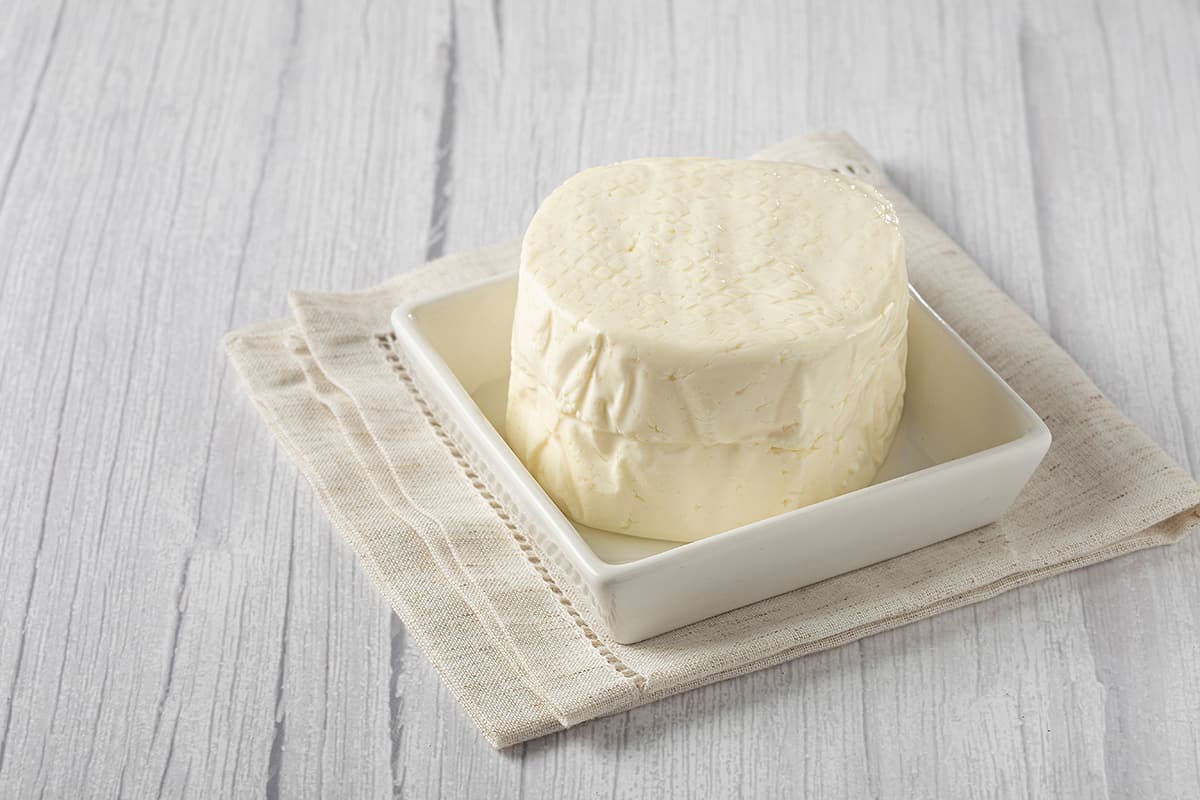
There are three reliable ways to defrost cheese—on a kitchen counter, in the fridge, or in a microwave or oven.
To defrost cheese on a kitchen counter, remove the cheese from the freezer and place it away from sunlight and direct heat. Allow the cheese to come up to room temperature slowly. However, make sure the cheese doesn’t stay at room temperature for too long since foods typically last for just 2 hours in the danger zone.
To defrost your cheese and reduce the risk of bacteria growth, you will need to transfer the cheese to the fridge and let it thaw for 24 to 48 hours. Make sure to leave the cheese in its original airtight container.
Alternatively, you can remove the block of cheese from its container and pop it in the microwave or oven. Set your microwave to defrost or turn the oven on to its lowest setting (you can also just leave the oven light on). Keep a close eye on the cheese since exposure to heat for too long may cause it to become slightly runny.
After defrosting your cheese, you cannot re-freeze. However, you can store it in the fridge, extending its shelf life to around 21 days. So, make sure you make plans to finish your cheese within the next three weeks.
What Happens to Cheese That Has Been Frozen for Too Long?
Earlier, I mentioned that the quality of your cheese would drop after six months in your freezer. But what does this mean exactly?
Ultimately, it depends on the type of cheese you’re working with. When a soft cheese’s natural moisture content thaws, it will trickle out of the cheese, giving it a dry and crumbly texture.
This isn’t the case for hard cheeses, like Manchego and real parmesan cheese, though its texture might suffer a bit—e.g., it will be harder to grate. Something that can happen to all types of cheeses is that they will lose their flavor and aroma.
So, if you want to enjoy your cheese at its best, make sure you defrost it before it reaches the 6th-month mark in your freezer. You should even defrost it before then, just to be safe!
